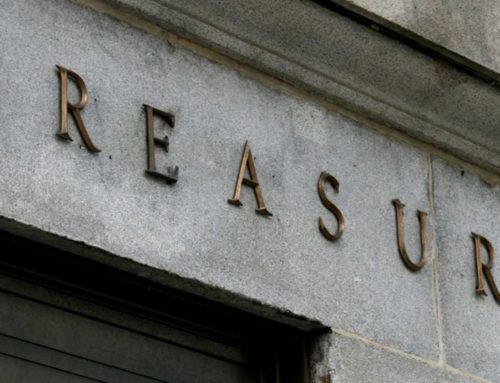The House Science, Space, and Technology Subcommittee on Investigations and Oversight met as part of an ongoing series of hearings focused on oversight of the stimulus passed in 2009. Among the six witnesses were Frank Rusco, Director of Natural Resources and Environment Team at the Government Accountability Office (GAO) and Gregory Friedman, Inspector General of the Department of Energy (DOE).
One topic of discussion was the DOE’s loan guarantee program. As part of the stimulus, the loan guarantee program was expanded and additional funding was appropriated to back energy efficiency and renewable energy companies. That funding expired on September 30, 2011 after the DOE handed out approximately $16 billion in loan guarantees to 28 different energy projects.
Following opening statements, Subcommittee Chairman Paul Broun (R-GA) discussed the recent bankruptcy of two companies which received DOE loan guarantees, Solyndra and Beacon Power. Chairman Broun argued that a conditionally committed $8.3 billion loan guarantee for a nuclear power plant owned by the Southern Company in Waynesboro, Georgia does not carry the same amount of risk for taxpayers as Solyndra and Beacon Power did. He proposed that it’s less risky for taxpayers since the technology has already been proven reliable, as opposed to Solyndra and Beacon Power where newer, non-commercially tested technologies were being used.
Frank Rusco, director of the portion of the GAO which examines the DOE loan guarantee program, said he had substantial concern over the possible misuse of taxpayer money within the DOE loan guarantee program. He also noted that some loan guarantee recipients were allowed to skip steps in the certification process and that the DOE lacked proper documentation of all the steps in the application process. DOE Inspector General Gregory Friedman agreed that the lack of proper documentation for all DOE loan guarantees was also a concern.
The Congressional Budget Office (CBO) released a report in August specifically on the risks facing loan guarantees for nuclear power plants. The CBO found that nuclear power loan guarantees would underestimate costs, act partially as a direct subsidy by giving nuclear companies loan terms that no private company could afford, contain unaccounted for market risk, and would not properly take into account the possible different rates of recovery that the government would experience for taxpayers dollars if a nuclear project defaulted at different stages of the project. The GAO also has said that nuclear generation projects were given special treatment during the application process.
Taxpayers for Common Sense has opposed the loan guarantee program since it was passed in 2005. The program is fiscally reckless, poorly managed, and prone to failure. With record breaking deficits and a spiraling debt, taxpayers can’t afford a program that has so many fundamental flaws.










